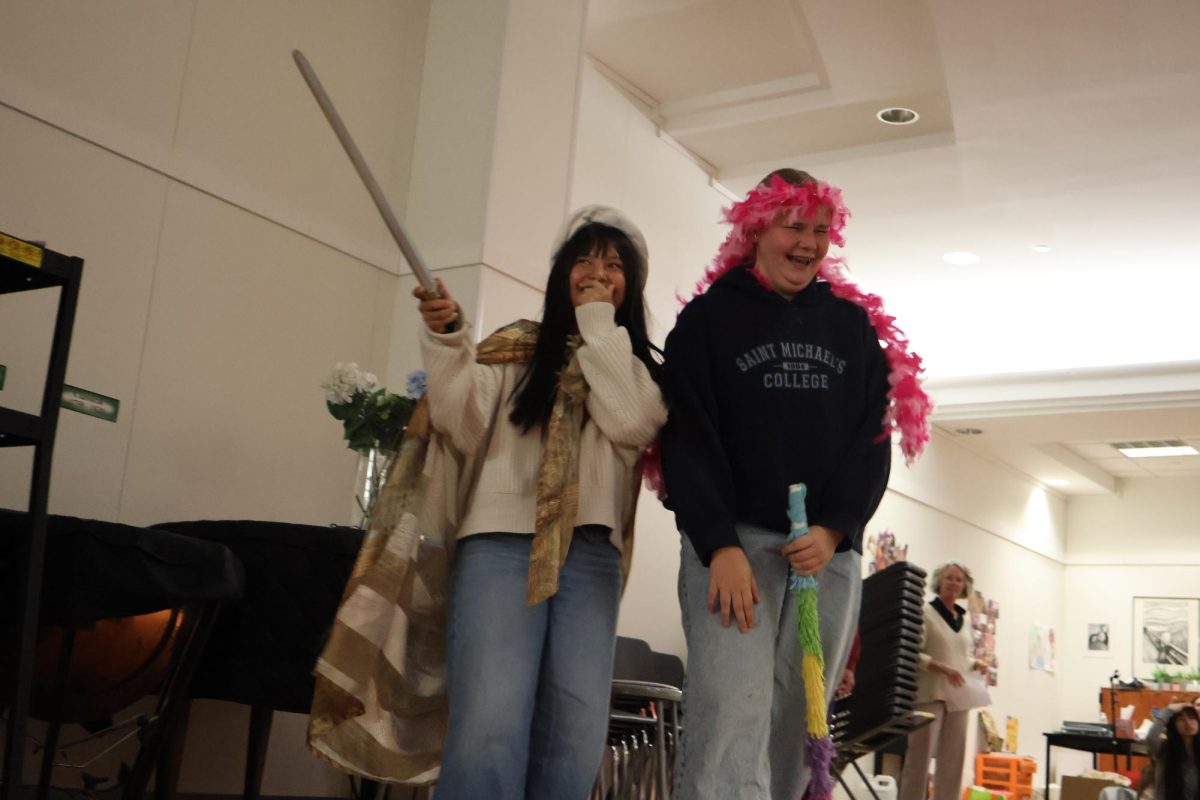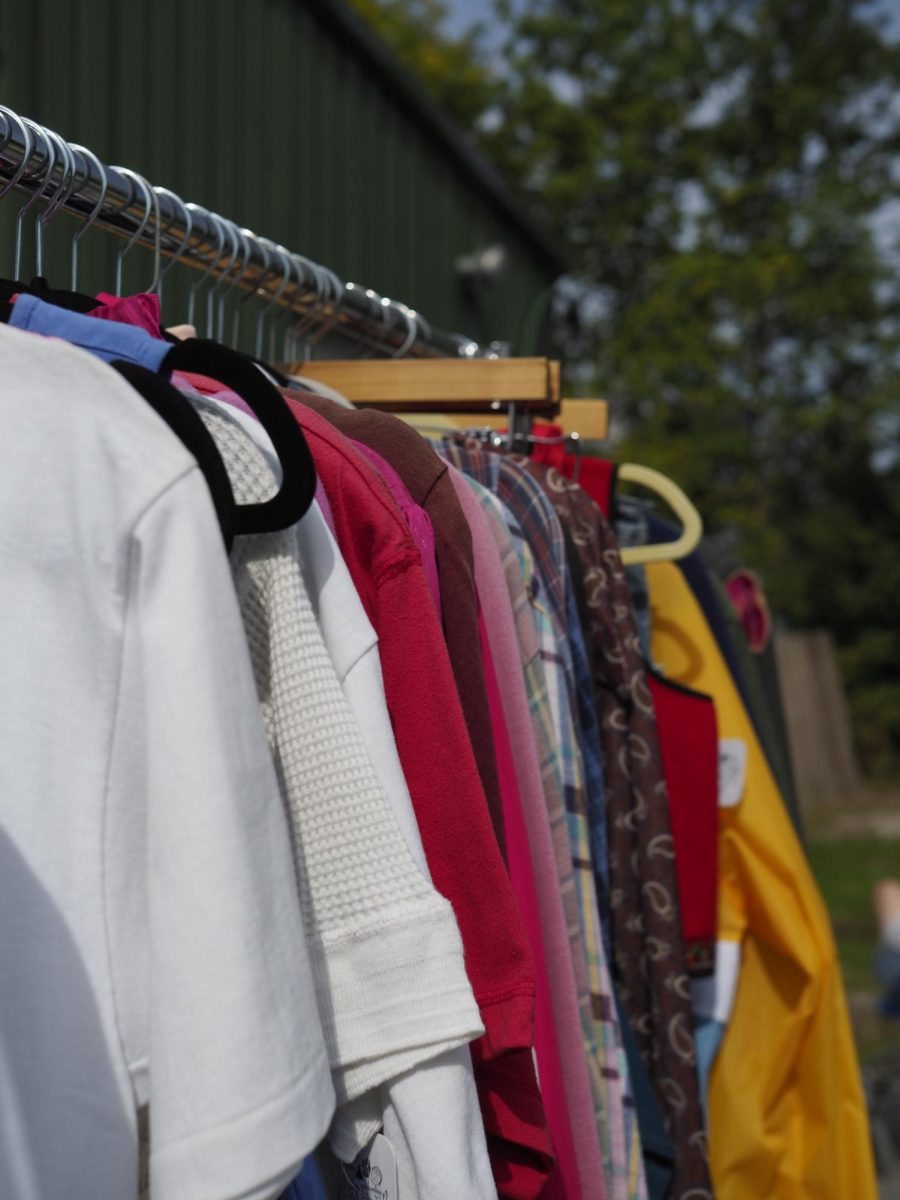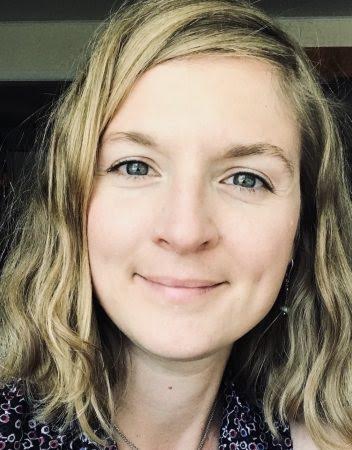The Secret to Happiness:
Ideas developed from experts and BHS students
Teenagers are getting sadder. According to the CDC’s Youth Risk Behavior Survey, 40% of teens reported persistent feelings of hopelessness and sadness in 2023, 12.5% higher than 2003.
This national trend is consistent in Vermont as well. The number of students who report “consistent feelings of hopelessness and sadness” has increased by 4% since 2017. Similarly, the percentage of students who have created a plan to attempt suicide has increased from 10% to 14% in the last seven years.
The Register surveyed 48 BHS students along with several student interviews to investigate the root causes of teen’s unhappiness and their methods to address these problems. Here’s what we found.
Fostering relationships built on trust.
The data shows that relationships where teenagers can build trust and let down their guard are the most valued and lead to greater happiness. In a survey conducted by The Register, honesty, compassion and loyalty were the three most valued traits by peers in their relationships. When asked to identify someone who makes them happy and why, the most common phrases were: “I’m able to be myself around them” or “I can be myself around them and they won’t judge me” and “She/he/they will always be there for me.”
These trusting relationships affect more than just teen happiness. They have been shown to positively impact teenagers’ future well-being, relationships, and success.
“Positive friendships provide youth with companionship, support, and a sense of belonging,” an article from the US Department of Health and Human Services writes, “They can encourage or reinforce healthy behavior, like positive academic engagement and help youth develop positive social skills like cooperation, communication, conflict resolution, and resisting negative peer pressure.”
In addition to trust, consistency and stability have shown to be important in fostering healthy relationships.
“[My mom makes me happy because] she’s very consistent, consistent with how we interact, and she’s a good listener,” Ella Stadecker ‘26 said.
The importance of peer connection.
Laurel Sercel teaches psychology at BHS and is currently getting her masters in counseling from the University of Vermont. Sercel emphasizes the importance of peer-interaction in adolescent happiness.
“I think being with peers is a really important part of the teenage experience. For most teenagers, they really thrive off of being with friends,” Sercel said. “[And] community as well, because maybe you find a team, like a sport that you really like, and then you find people who have shared interests. So it kind of goes hand in hand with the peers.”
Newport Academy, using a study comprising 111,000 adolescent data found that, “Teenagers who were integrated in friendship networks had better mental health… findings made it clear that teens with more friends had fewer symptoms of depression and felt a stronger sense of belonging.”
Success does not equate to happiness.
Success can grant one more opportunity, experiences, better living conditions, and a more luxurious life. According to the Register’s survey, 57.7% of people say they strive for validation and success from external sources, while 20% of people say they strive for happiness.
While many students report they strive to succeed academically and in other hobbies and interests outside of school, more than a third of students reported that schoolwork and failure to achieve goals they set out for themselves actually gets in the way of their happiness.
“The pressure to constantly strive for more success can lead to burnout and stress,” According to Psych Central, “Society tends to equate success with wealth and status, but true happiness and fulfillment can come from personal growth, relationships, and inner contentment.”
Students also reference the importance of detaching success from happiness.
“Being successful is just having a fulfilling life,” Duncan Shaver ‘25 said. “I feel like it’s too often about how much money you make or how good a school you go to, but it’s really just a personal journey. How content are you?”








